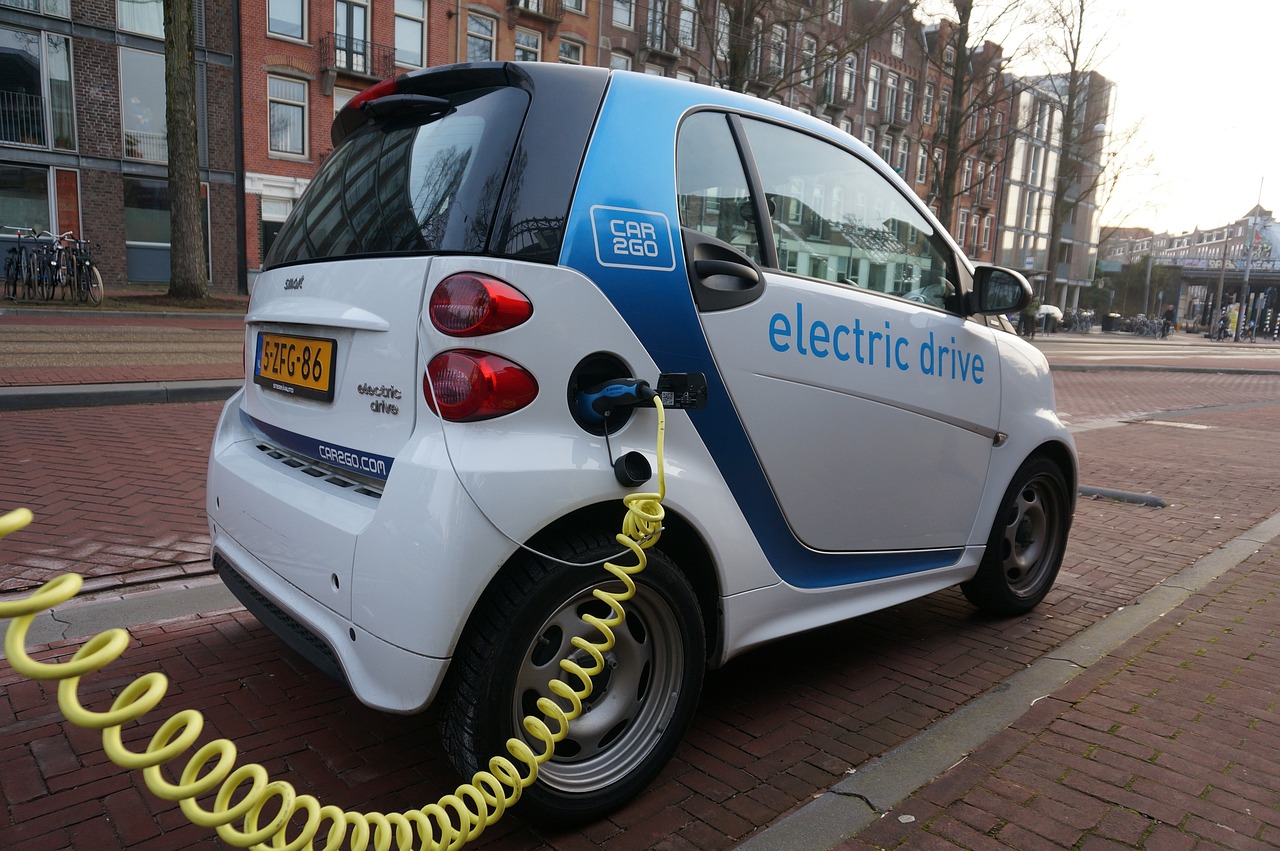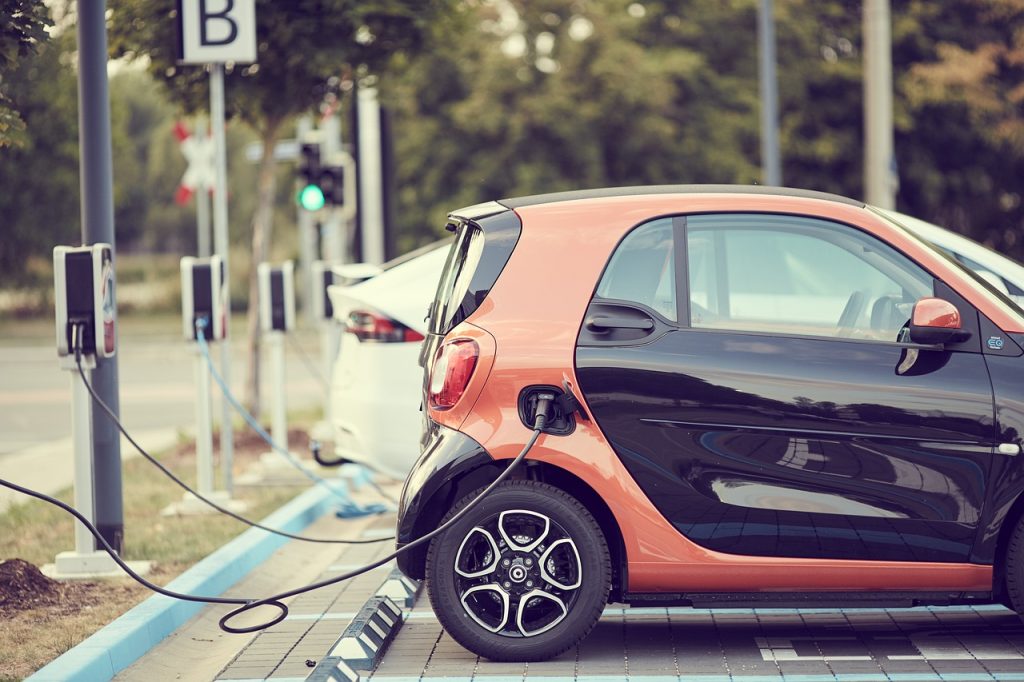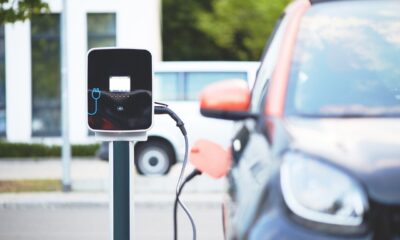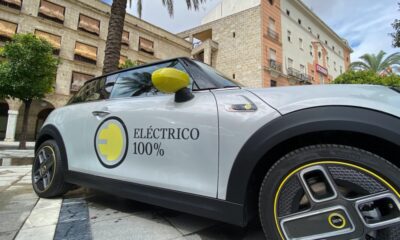Impact Investing
The European Car Market Could Become Completely Sustainable by 2025, with the Adoption of Smaller EVs
According to an estimate by Transport & Environment, the six big European car manufacturers have abandoned the production of cheaper small cars, such as the Fiat Punto, the Peugeot 208, the Citroen C1, or, more recently, the Ford Fiesta, diverting their production on bigger, more expensive cars to chase profits that have grown much faster than inflation.

According to a report drawn up by Transport & Environment, with the spread of smaller vehicles, priced at €25,000, the European car market could become completely sustainable by 2025.
The drop in production costs and battery prices would make electrification possible for the mass market: a particularly relevant option also in light of the latest statements by the President of the EU Parliament, Ursula Von Der Leyen, who announced the launch of the anti-subsidy investigation into electric vehicles from China.
Meanwhile, the countdown for the stop to sales of vehicles with internal combustion engines in Europe continues: by 2035 they will no longer be allowed.
If you want to read more about the European car market and find the latest business news of the day, download for free our companion app Born2Invest.

The search results for the European car market
According to a survey by YouGov for Transport & Environment, among those interviewed who intend to buy a new car in the next 12 months in Italy, 27% declared that they will most likely buy an electric car. Of those who are most likely to buy a combustion car, 14% said they would switch to electric if a small BEV model costing €25,000 was available on the market. Of those who didn’t know if they would buy an electric car, 5 out of 38 said they would go electric if they were offered a small, economical model.
If these intentions were also applied to the automotive market, the advent of affordable small BEVs would bring the sales share of fully electric cars to 38%. In this scenario, it would be possible to sell 136 thousand more electric vehicles per year in Italy, replacing the equivalent combustion pollutants with new vehicles. For many, however, the main problem is related to costs.
“Prices are one of the main barriers preventing motorists from switching to electric. A small BEV vehicle costing €25,000 could change the cards on the table and encourage the adoption of electric cars by the general public – declared Carlo Tritto, Policy Officer of T&E Italia – Bringing these models to the market quickly and in quantity will be fundamental for European manufacturers who want to compete with Chinese rivals who are already following this path by offering low-cost small electric cars.”
Electric SUVs bring more profits to manufacturers
Again according to an estimate by Transport & Environment, the six big European car manufacturers have abandoned the production of cheaper small cars, such as the Fiat Punto, the Peugeot 208, the Citroen C1, or, more recently, the Ford Fiesta, diverting their production on bigger, more expensive cars to chase profits that have grown much faster than inflation.
According to the report, in fact, between 2019 and 2022 the net profits per vehicle went from -€40 to €1,920 to €510 and €8,940, taking inflation into account. This result was achieved mainly by prioritizing the sales of SUVs, larger and more profitable cars. Sales of this type of car, which in 2010 represented just 9%, today represent over half (53%) of all sales taking place in Europe.
__
(Featured image by mmurphy via Pixabay)
DISCLAIMER: This article was written by a third party contributor and does not reflect the opinion of Born2Invest, its management, staff or its associates. Please review our disclaimer for more information.
This article may include forward-looking statements. These forward-looking statements generally are identified by the words “believe,” “project,” “estimate,” “become,” “plan,” “will,” and similar expressions. These forward-looking statements involve known and unknown risks as well as uncertainties, including those discussed in the following cautionary statements and elsewhere in this article and on this site. Although the Company may believe that its expectations are based on reasonable assumptions, the actual results that the Company may achieve may differ materially from any forward-looking statements, which reflect the opinions of the management of the Company only as of the date hereof. Additionally, please make sure to read these important disclosures.
First published in StartupItalia. A third-party contributor translated and adapted the article from the original. In case of discrepancy, the original will prevail.
Although we made reasonable efforts to provide accurate translations, some parts may be incorrect. Born2Invest assumes no responsibility for errors, omissions or ambiguities in the translations provided on this website. Any person or entity relying on translated content does so at their own risk. Born2Invest is not responsible for losses caused by such reliance on the accuracy or reliability of translated information. If you wish to report an error or inaccuracy in the translation, we encourage you to contact us.

-

 Crypto1 week ago
Crypto1 week agoBitcoin Recovers After U.S. Strikes Iran, While Altcoins Face Sharp Losses
-

 Business2 weeks ago
Business2 weeks agoGold Closed the Week at a New All-Time High As the Dow Jones Continues its Pattern of Weakness
-

 Africa4 days ago
Africa4 days agoMorocco’s Wheat Dependency Persists Despite Improved Harvest
-

 Crypto2 weeks ago
Crypto2 weeks agoBrazil’s Crypto Boom Threatened by Surprise Tax Proposal

























